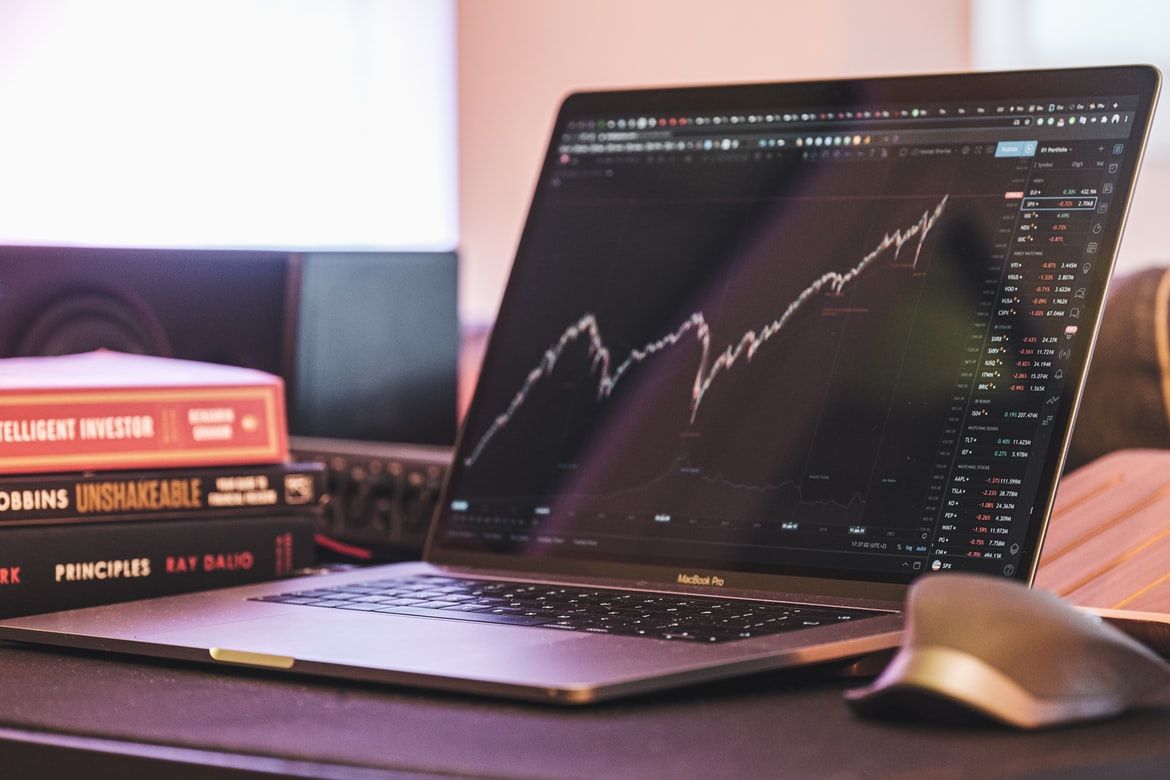Foreign institutional investors (FIIs) sold shares worth a net Rs 4,899.92 crore, while domestic institutional investors (DIIs) bought shares worth a net Rs 3,225.54 crore in the Indian equity market on May 19, as per provisional data available on the NSE.
Also Read| Trade Setup: Top 15 things to know before market opens on May 20, 2022
In the month of April 2022, FIIs sold shares worth a net Rs 40,652.71 crore while DIIs bought shares worth a net Rs 29,869.52 crore.
Also Read| ITC, IndiGo, Lupin and other stocks that moved most on May 19
Sensex fell 1,416.30 points or 2.61% to 52,792.23 and Nifty was down by 430.90 points or 2.65% to 15,809.40 in the previous session.
Also Read| Domestic LPG cylinder crosses Rs 1,000 as tariff rises by Rs 3.50
Sensex touched a high and low of 53,356.04 and 52,669.51, respectively. There were 3 stocks advancing against 27 stocks declining on the index.
Also Read| FedFina, Dreamfolks, Archean Chemical get SEBI’s approval to launch IPOs
Nifty traded in a range of 15,984.75 and 15,775.20. There were 3 stocks advancing against 47 stocks declining on the index.
Also Read| SEBI proposes banning celebrity endorsement of cryptos
FII stands for ‘foreign institutional investor,’ and refers to an investment fund or an investor who puts their money into a country’s assets while being headquartered outside of it.
Also Read| Who is SS Mundra, new BSE chairman?
In India, this is a commonly used term to refer to outside entities contributing to the country’s financial markets by investing.
Also Read| India’s WPI inflation rises to 15.08%, highest in 17 years
On the other hand, ‘DII’ stands for ‘domestic institutional investors.’ Unlike FIIs, DIIs are investors that invest in the financial assets and securities of the country they are currently residing in.
Also Read| Terra LUNA crash: Here’s why the cryptocurrency dropped over 85%
These investment decisions of both FIIs and DIIs are impacted by political and economic trends. Additionally, both types of investors — foreign institutional investors (FIIs) and domestic institutional investors (DIIs) — can impact the economy’s net investment flows.







